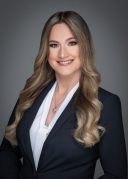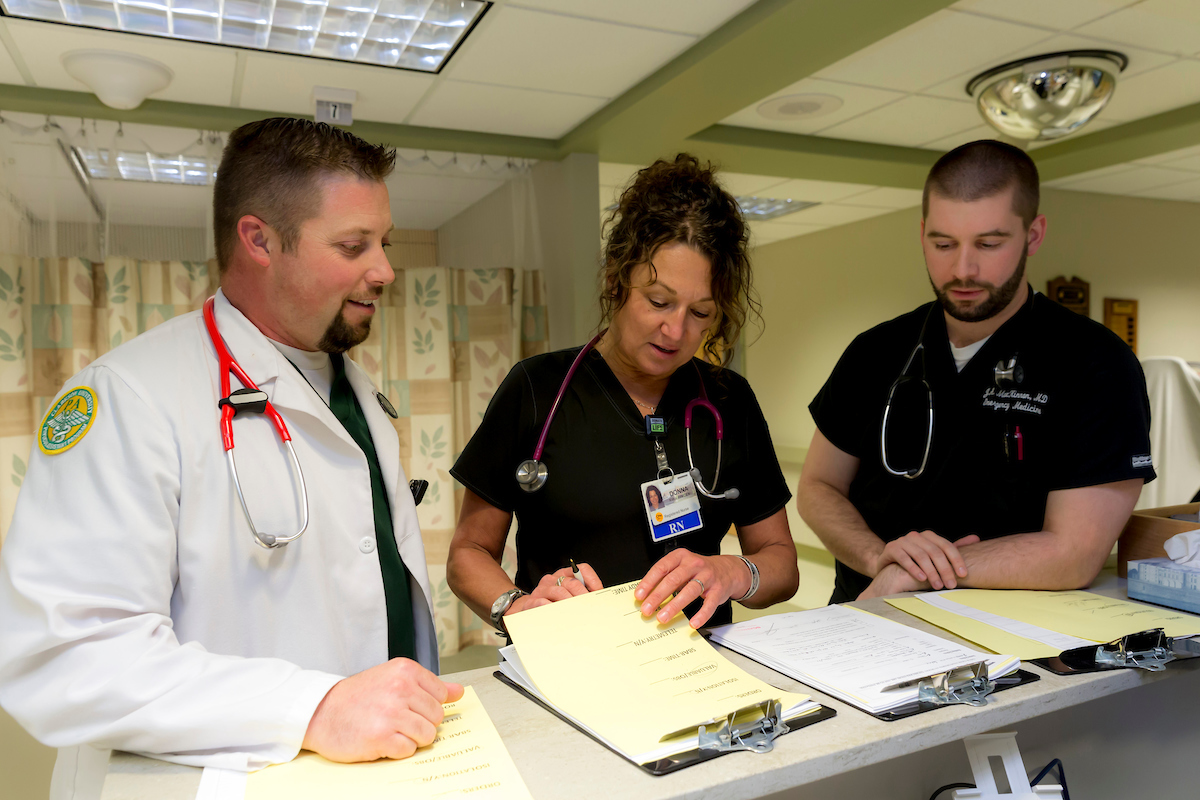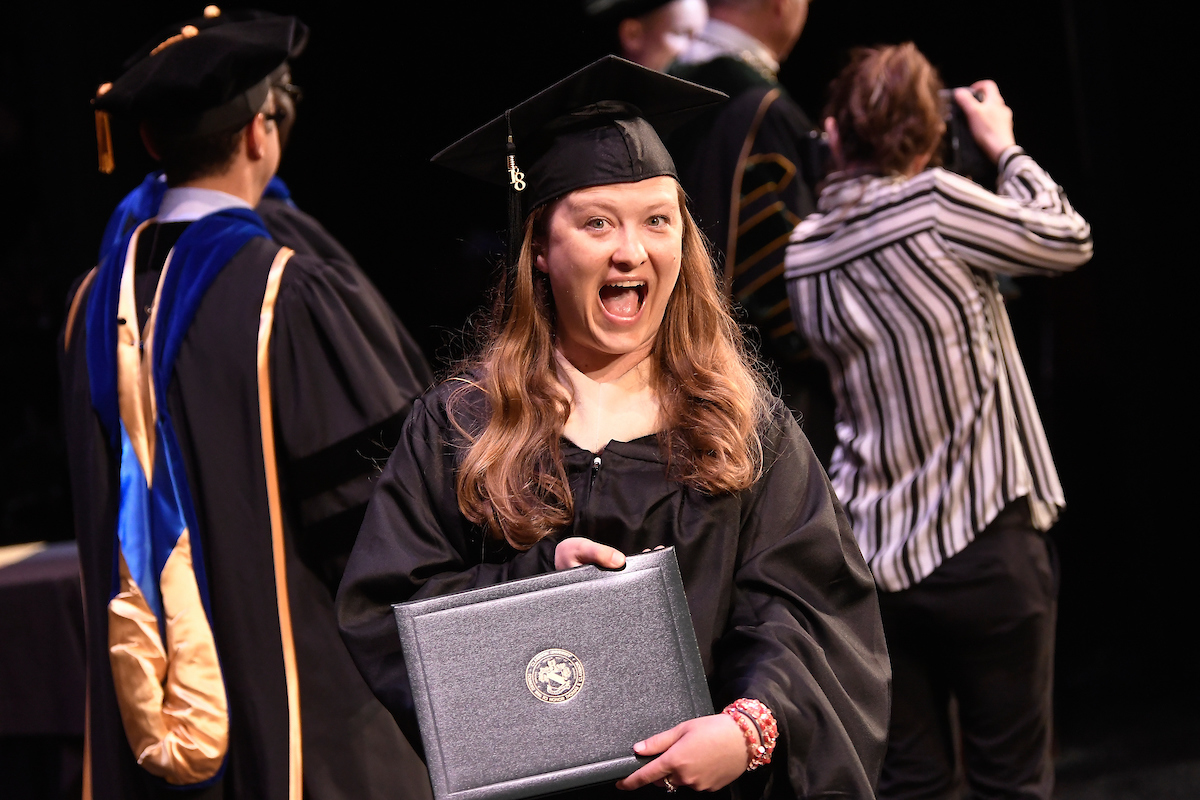Bioethics is an increasingly complex discipline that plays an important role in several different industries and fields – from hospitals and nursing homes to clinical research labs and universities nationwide. But the number of people with a strong bioethics foundation to meet the growing needs of the world is small. Clarkson’s master’s degree program in bioethics aims to increase the number of professionals trained and ready to steer the global community on pressing topics related to bioethics.
What kinds of people pursue bioethics? Doctors, lawyers, nurses, academics working in healthcare, research and policy. Recent college graduates who are looking to expand their knowledge base before jumping into a professional degree program. Hospital or medical facility administrators who want to better understand their patient and staff needs.
In our Faces of Bioethics Series, we chat with alumni from our MS in Bioethics program to better understand what they do, why they chose to pursue bioethics, and how they’re making an impact. Today’s feature in Faces of Bioethics is Taimy Falcon-Rodriguez, who graduated from our master’s in bioethics program in June 2020 with a concentration in clinical ethics.
Clarkson University: What is currently happening in your career?
Taimy Falcon-Rodriguez: I am a 4th year medical student soon to start Pediatrics residency and the founder of the Bioethics Clinical Ethics Interest Group at San Juan Bautista School of Medicine.
CU: Why did you decide to get your Masters in Bioethics?
TFR: I knew that I wanted to become a physician and understood that the art of practicing medicine has changed tremendously throughout the years; currently, our patients hold more autonomy than they did in the past; as such, it was important to me to better understand how to respect that autonomy while obtaining the knowledge needed to handle/solve challenging ethical cases.
CU: What has been the most significant experience from your time in the program that helps you now in your field?
TFR: I’d say that it was the way the program is constructed, you have the ability to choose a track from the start that you feel will fit your needs, have the opportunity to take several electives which allows you to broaden horizons and have a better perspective of how ethics affects or is involved in different areas of medicine, research, etc. I loved how interactive the program was; particularly when thinking about the standardized ethical cases that are part of the curriculum-these really test your ability to start a conversation with the patient, family members and/or healthcare providers that might be involved in a case. They’re great to challenge you and to ultimately prepare you for when you are by yourself trying to solve these cases.
CU: What was special about Clarkson’s program over others you looked at? Why did you choose Clarkson?
TFR: I loved the flexibility of the program; all the classes are virtual with only a few exceptions. But I also loved the exceptions because it gives you the opportunity to interact with the faculty and classmates you’ve met via a screen. I also loved that the program is very complete, that is, it has lots of discussion forums where you are constantly challenged, but also learn so much from your fellow students. You are exposed to different cases since day 1. I loved the standardized ethical cases; these really prepare you for when you are out there trying to solve a case by yourself. There are lots of electives that you can choose from. You can do the program in 1, 2 or 3 years (not all programs have this flexibility). The mentorship and guidance you receive while writing your thesis is amazing. You’re really supported from beginning to the end of the project. More importantly, the faculty and staff are SO HELPFUL, they really care about you and will go above and beyond to help you succeed and get your degree!
CU: Why did you choose that specialization track? How did this track help you in your career goals?
TFR: Since I want to become a physician, I thought that the Clinical Ethics track would expose me the most to challenging clinical ethical cases. My hope coming into the program was to obtain the knowledge needed to feel ready and prepared when encountering challenging ethical cases. I feel the program does a great job at teaching you how to analyze a case, how to establish a conversation with the patient and family members, and ultimately it walks through the steps that might be needed for you to resolve a case.
CU: What are your career aspirations?
TFR: To be part of the ethics committee of the hospital where I end up working. This will allow me to be an advocate for my patients but will also permit me to educate family members and faculty about challenging ethical cases while providing them with the knowledge needed to solve them.
About the Graduate Student Spotlight series
Deciding whether or not to attend graduate school can be a tough decision. In our Graduate Student Spotlight blog series, we showcase graduate students from our 20+ different graduate degree programs to share their experiences and help prospective students understand whether graduate school may be the right choice for them.




